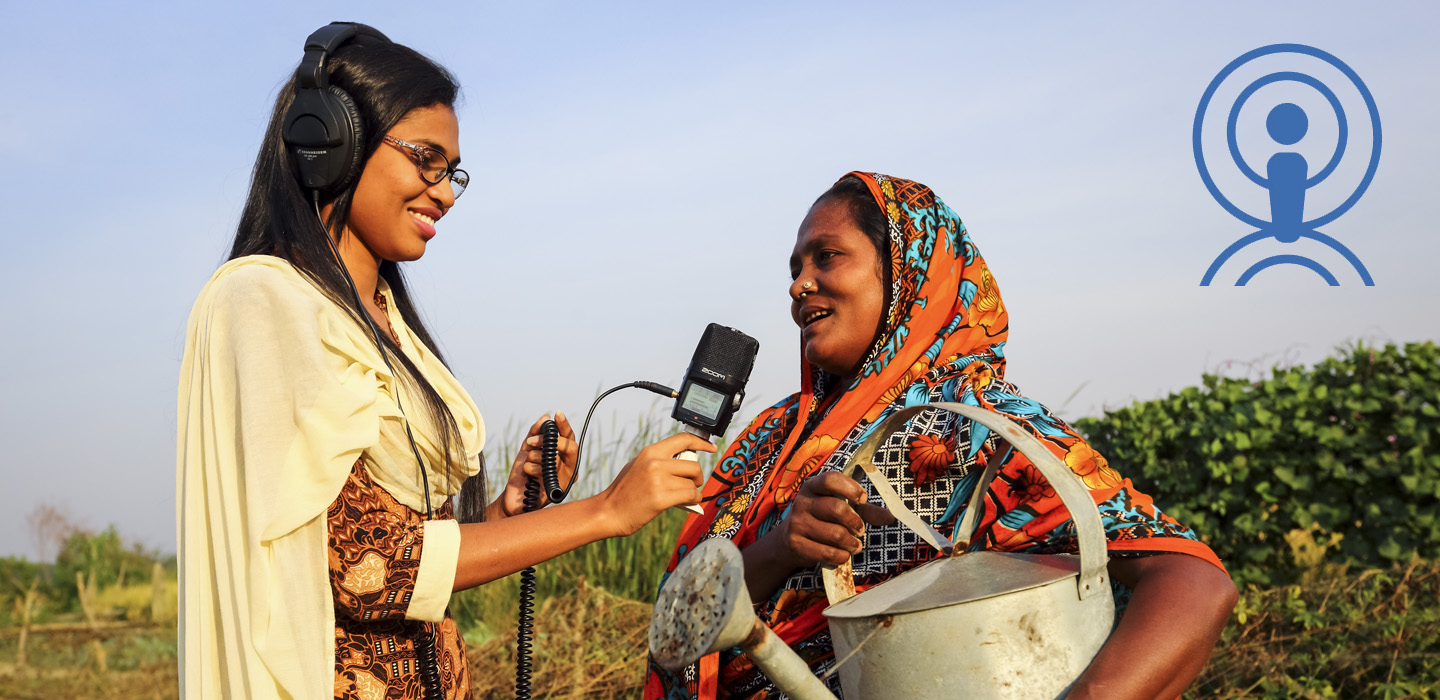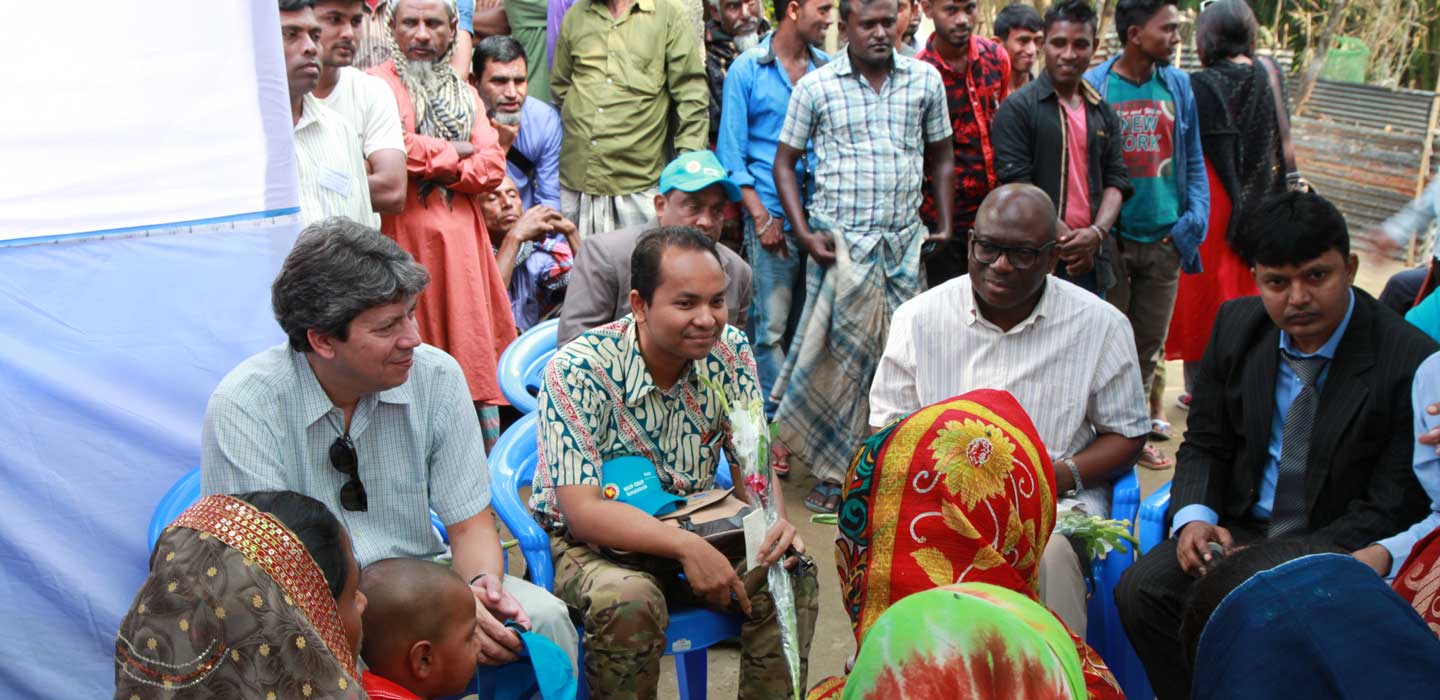How can evaluations help to fuel rural transformation? - IOE
By Oscar A. Garcia
Oscar A. García is Director of the Independent Office of Evaluation of IFAD (IOE) and co-author of a new book on evaluation practice and how it can help to foster inclusive and sustainable rural transformation.
Three questions lie at the heart of every effort to improve social and economic conditions in the world’s rural communities: How are we doing? Why is that? and How can we do better? These questions reflect the need to regularly assess development initiatives and to share knowledge to improve both efforts and results.
The Independent Office of Evaluation of IFAD (IOE) has produced a book entitled, Evaluation for Inclusive and Sustainable Rural Transformation: World Bank Series on Evaluation and Development, Volume 9, to shed light on the process behind the evaluation of development policies, strategies and programmes, and to share lessons learned from some key assessments.
Independent evaluation is fundamentally important to IFAD’s work to support inclusive, sustainable transformation in rural areas, in keeping with its mandate and in the context of the 2030 Agenda and the Sustainable Development Goals (SDGs).
IOE aims to promote accountability and learning through independent, credible and useful evaluations. It evaluates IFAD-funded projects and programmes, provides assessments of what works and what does not, identifies the factors leading to good performance, and determines to what extent IFAD’s policies and strategies are successful in alleviating poverty in rural areas, and why.
The importance of evaluation to IFAD and to the work of other international institutions is reflected in the book’s roster of expert guest contributors who have added their perspectives to those co-authored by me and Osvaldo N. Feinstein, an Argentinian academic, practitioner and reference in the field of development evaluation.
Game-changers
Evaluations have helped IFAD to boost its development effectiveness by leading to structural and organizational changes, new corporate policies, and more streamlined internal processes. For example, IFAD increased its country presence as a result of an influential evaluation and, following another, it took on direct supervision of IFAD-funded projects.
Inclusive and sustainable transformation of the rural sector
IOE evaluations in recent years have reflected increased recognition of the connections between social, economic and environmental dimensions of sustainable development. They have considered such issues as gender equality and women's empowerment; the need to engage more effectively with indigenous peoples, and changes in previous assumptions about the ways in which pastoral communities function.
The evaluation of IFAD’s support to environment and natural resources management found that IFAD’s Environment and Climate Division was established, environmental and social safeguards were upgraded and a new programme was launched to channel climate and environmental finance to smallholder farmers. Still, the evaluation noted, farmers needed more support, incentives and environmental and natural resources management capacities to effectively adapt to the devastating effects of climate change.
In addition to looking at how evaluation at IFAD has evolved, the book also looks at the methodology used to gather and analyse information and make assessments on performance, which may include the views and perceptions of project beneficiaries; the country programme managers; staff members responsible for delivering projects, and written reports and other secondary documentation.
Effective and relevant evaluations require professional rigor and transparency but, also, they benefit from the buy-in of as many institutions and people as possible.
Asking the right questions, looking for the signs of what is working, what is not, what is needed and why, is not the sole responsibility of evaluation professionals. It is part of an ongoing process of examination and evidence-gathering which can take place in rural homes, on the farm, at the fishing docks, at the market, in parliamentary halls, and at the work desks of numerous government officials and educators.
New challenges
Despite its successes, IFAD’s mission faces new challenges every day, amid rapidly-shifting scenarios and the numerous ongoing, interconnected social, economic and environmental factors which have an impact on people’s capacities to lift themselves out of extreme poverty, protect natural resources, and transform food systems and government policies in sustainable and nutrition-sensitive ways. Evaluation helps the Fund to keep in step with these changes.

